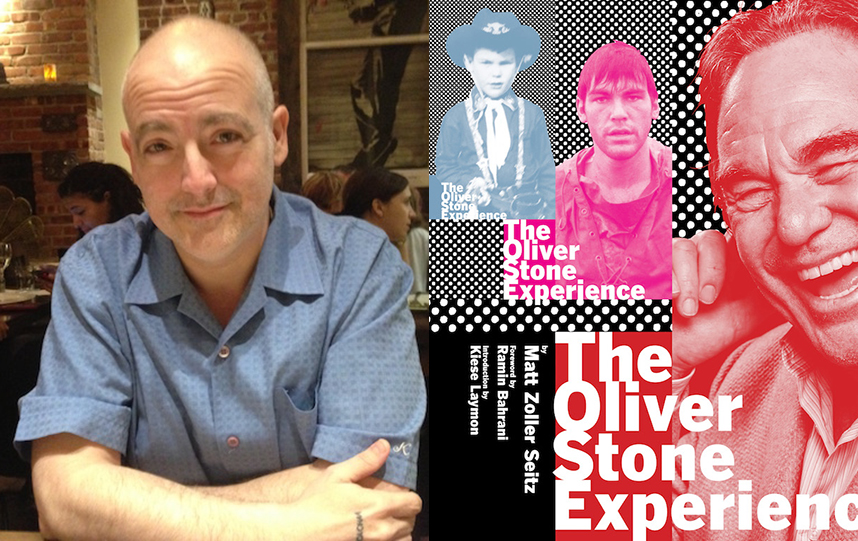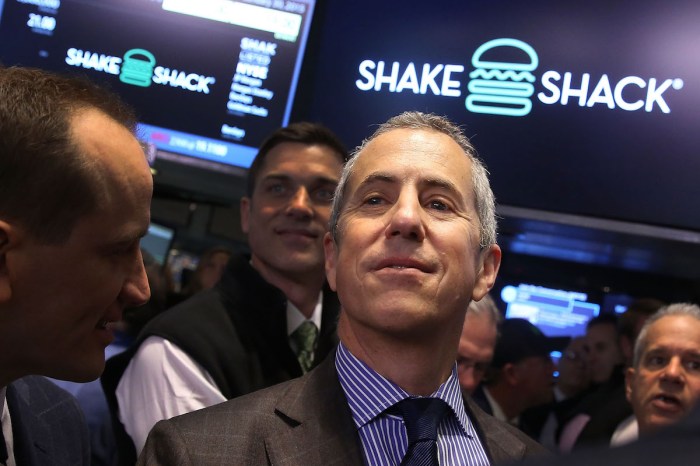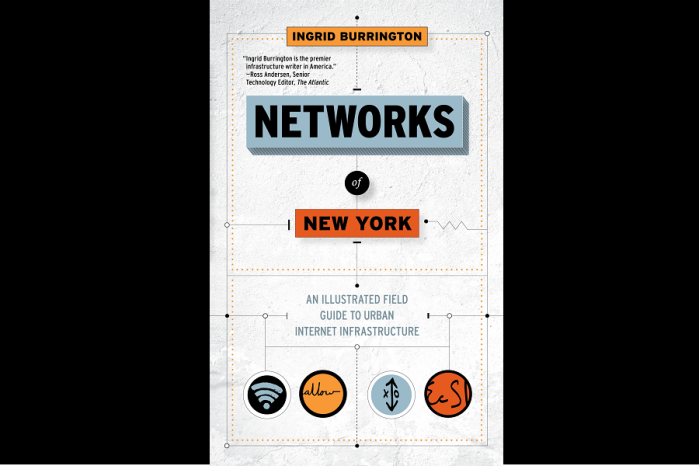Matt Zoller Seitz was young when he first got into Oliver Stone. The film and TV critic cites “Born on the Fourth of July” as teaching him to think about movies as a visual language. He even says it made him think about politics, pushing him more to the left at a time when he leaned slightly rightward. Seitz, now a critic at Vulture and the editor-in-chief of rogerebert.com, has already written two books about Wes Anderson, including “The Wes Anderson Collection.” Now he adds the controversial and Oscar-gobbling Stone to his bibliography. “The Oliver Stone Experience” is indeed one. For one thing, it’s a beast at 480 pages and who knows how many pounds. For another, it takes you through all of his films, from his early horror films “Seizure” and “The Hand,” through period as a populist rabble-rouser in “Platoon” and “JFK,” all the way up to his latest, “Snowden.” Running throughout is an epic interview with the man himself, who’s alternately friendly, gabby, defensive and ball-busting. (Seitz even includes footnotes in which Stone badgers him when he says anything critical about his films.) Seitz talks to us about what people get wrong about Stone, defends his latter day works and tells us what it’s like to now be friends with a figure both volatile and sweet.
You just moderated a discussion with Oliver Stone, Joseph Gordon-Levitt and, over Skype, Edward Snowden, a conversation that was beamed to 800 theaters sneak-peaking “Snowden.” What on earth is it like talking to Edward Snowden? RELATED: Review: “Snowden” is Oliver Stone’s slyly subversive version of a Great Man biopic “Snowden” is a very interesting Oliver Stone film, though I think it won’t be what some people are expecting. He’s often tagged as a conspiracy theorist, but I think that really only comes from “JFK” and parts, but not all, of “Nixon.” What he does more often is invert certain old fashioned tropes, like the inspirational Great Man biopic. He even cites the deeply uncool liberal-humanist Stanley Kramer as an influence. Although he’s usually more Stanley Kramer than Jean-Luc Godard. “Born on the Fourth of July” starts out very classical and steeped in Norman Rockwell-like imagery, but it becomes very jagged and energetic. This idea of Stone as a conspiracy theorist still stays with him, which can be a limiting way to watch his movies. In the 2000s Stone made documentaries about unpopular or even detested leaders, like Fidel Castro and Hugo Chavez. But it’s interesting that he says he wasn’t out to support them; he just wanted to talk to them and show a new side to them. The films he’s made since “Nixon” haven’t been as earth-quaking or as well-received. But you make the case that they’re still very interesting. He’s still going, too. He’s only 70. And sometimes it takes a while for his projects to get off the ground. You probably can’t review Oliver Stone movies now that you’ve written this book. You two seem close. You say he still badgers you over things you wrote in the book, but you say it comes from affection.
It was incredible. I talk to a lot of interesting people over the course of my job, but it’s very rare that I meet someone who actually moves me. This guy actually moves me. There was a part where I said to him, “There are a lot of people who say, ‘If you have nothing to hide, what are you worried about?’” And it was like Jimmy Stewart had come back from the dead. This monologue he gave, it was like “Mr. Smith Goes to Russia.” He concluded by saying, “Saying you’re worried about your lack of privacy because you have nothing to hide is like saying you’re not concerned about your right to free speech because you have nothing to say.” I’m not even kidding when I tell you this: If Edward Snowden moves back to the United States and runs for public office, I will quit whatever job I have to go work for him. I’d stuff envelopes for that guy.
He’s certainly the only major American filmmaker I can think of who’s equally influenced by Jean-Luc Godard and Stanley Kramer.
I think that’s true, but especially in that middle period he was both. That’s one of the things that jumps out at me, too: He tells his stories and fashions the characters in extremely old-fashioned ways. But the visual language is often very jagged and modern.
It’s the energy of anger. That movie’s very much like “Snowden.” Like “Snowden,” “Born on the Fourth of July” is the story of a young conservative man who enlists to fight the forces that his government has deemed the enemy. And gradually he realizes that that’s a cover for another agenda. So he deprograms himself.
I think Oliver Stone does have a conspiratorial mindset in a lot of ways. But when you consider his personal history it makes a lot of sense. This is a guy who had a horrendous experience in Vietnam. He enlisted for idealistic reasons and came back wondering why in the hell he was even over there. He was busted for drugs when he was 19. He probably would have done a year in jail if his father, who’s rich, hadn’t bailed him out. That was probably the beginning of his radicalization. He told me all the other young Americans in that jail were black and brown. And they weren’t getting out.
He’s quite consistent in his choice of subject matter, fiction and non-fiction. If you look at the kinds of people he makes movies about, they’re about marginalized people or people who are considered disreputable in some way, or beleaguered or embattled. That’s been a strain in his movies from the very beginning. It became obvious in “Salvador.” But the movies he wrote, that made his name as a screenwriter, are the same way, too. “Midnight Express” is the story of a guy who’s busted trying to smuggle hashish out of Turkey. That’s not the sort of person who’s the hero of a movie. And of course there’s “Scarface” — and “Year of the Dragon,” for god’s sake. That guy is a really hateful, miserable person. But in the end he’s right. [Laughs]
I think the second half of his career is going to be reappraised, probably after his death. Its classical, old school virtues will be appreciated more. Hitchcock’s “Topaz,” “Torn Curtain,” “Frenzy” and “Family Plot” were all treated quite harshly when they were first released. And now fans of the director find a lot there that’s of interest. The same thing with John Ford and “Seven Women,” “Cheyenne Autumn” and “Sergeant Rutledge,” which are all very square films.
He’s shown me scripts which he’s written and he’s had casts attached but nothing’s materialized. He’s probably got about three times as many unproduced screenplays as ones that have been produced, which is probably true of a lot of filmmakers. But the one he wrote most recently is called “White Lies.” It’s basically the sexual history of Oliver Stone. It spans four decades and it requires an actor who can convincingly play ages 20 through about 50. It’s told in a non-chronological order, like a Bob Fosse film. The sex is extremely graphic. It’s really an NC-17 movie or an unrated movie, for sure. I said to him, “At some point your films are so autobiographical that you should make one of these last Godard films that are basically documentaries with a few dramatic scenes, and you’re actually in the movie as a narrator and guide.” He thought that was an interesting idea. I said, “You can start with a scene where a critic is interviewing you about your life.” And he said, “No, I’d start with a sex scene.”
I remember we were sitting in Oliver’s kitchen going over the entire book before it shipped off to the publisher. His daughter came in with a college essay she had written to transfer from one school to another. She said, “Dad, will you take a look at this?” He took out a red pen and line-edited that essay and made a bunch of notes. Then he slid the paper over to me and said, “Want to take a second pass on this?” I actually heard in my mind: ‘That’s the end of you as a person who reviews the films of Oliver Stone. If you hadn’t gone down the rabbit hole before, you’re definitely in it now.’
He’s my friend! He’s actually my friend. It’s weird. Fifteen-year-old me would never have imagined that I would say that. But to me, at least, he’s a really sweet guy. He’s complicated. He can be volatile, he can be insecure. He’s deeply wounded by negative criticism, especially when he thinks it’s unfair. He feels beleaguered a lot of the time. But he’s also very generous and very kind. When he’s not lost in his own head he’s quite empathetic. He would ask me for updates on my personal life. “Has your daughter gone to college yet? What’s she going to study?” He says things, like I shouldn’t be in a relationship; he thinks I should be playing the field, because I’m “young and still have wild oats to sow.” And I’m like, “Oliver, I’m 47!” [Laughs]
Matt Zoller Seitz on his Oliver Stone book and talking to Edward Snowden

Matt Zoller Seitz, Abrams
Follow Matt Prigge on Twitter @mattprigge
















